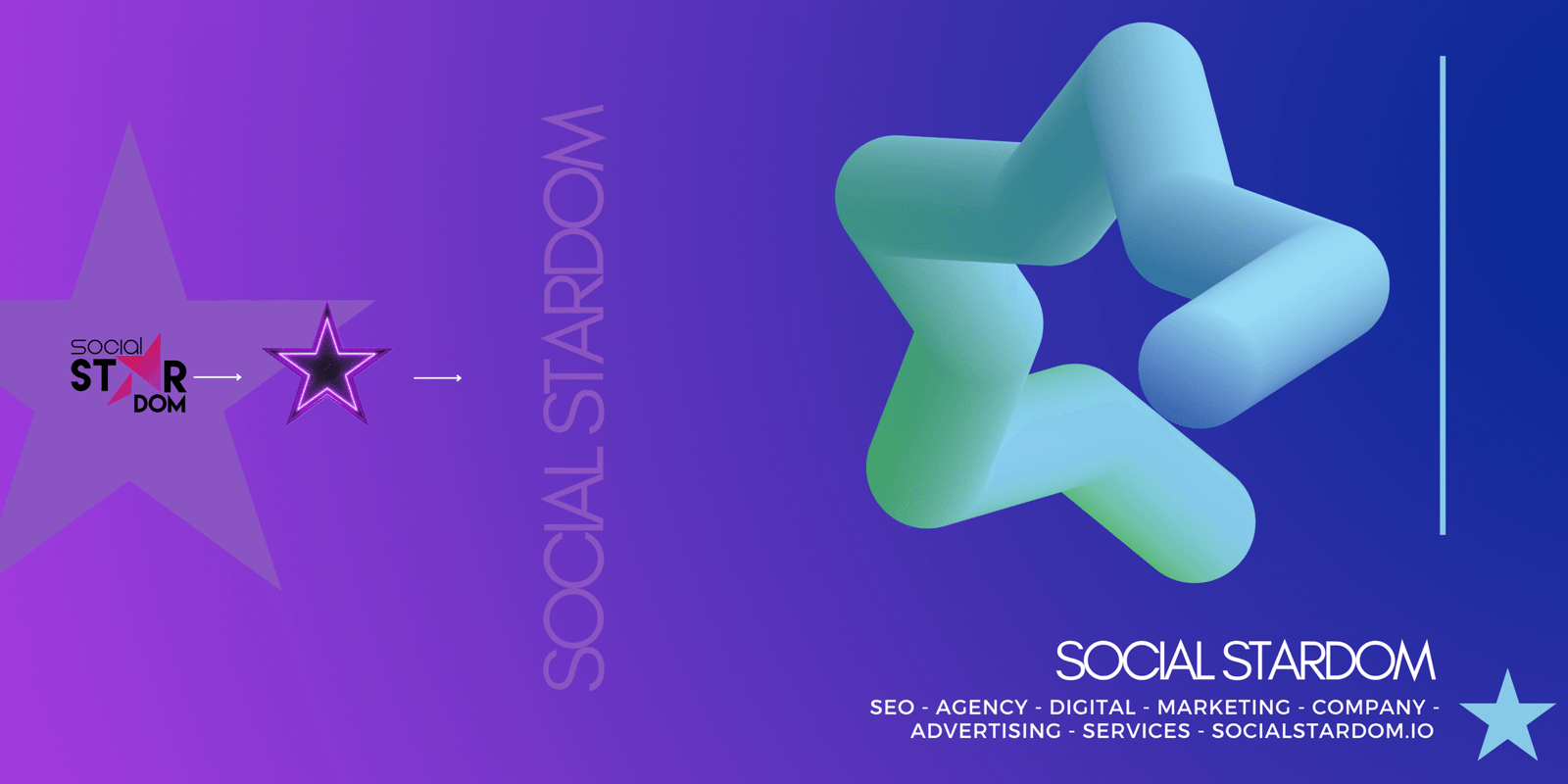E-Learning Marketing: A Comprehensive Guide
In the digital age, e-learning has emerged as a powerful tool for education and professional development. With the rise of online courses and educational platforms, effective e-learning marketing is essential to attract learners and stand out in a crowded marketplace. This article delves into the intricacies of e-learning marketing, offering actionable insights, strategies, and best practices.
What is E-Learning Marketing?
E-learning marketing refers to the strategies and tactics used to promote online educational programs and courses. It encompasses a range of activities focused on attracting potential learners, enhancing brand visibility, and ultimately driving course enrollments.
Importance of E-Learning Marketing
- Growing Market Demand: With a growing number of individuals seeking online education, effective marketing strategies can help you tap into this expanding audience.
- Competition: As more organizations and institutions offer e-learning options, marketing becomes crucial to differentiate your offerings.
- Brand Awareness: Well-executed marketing efforts can enhance your brand’s visibility and credibility in the online education space.
Key Components of E-Learning Marketing
To create a successful e-learning marketing strategy, consider the following components:
1. Target Audience Analysis
Understanding your target audience is crucial. Conduct market research to identify demographics, interests, and learning preferences.
- Demographics: Age, occupation, education level.
- Interests: What subjects are they interested in?
- Learning Preferences: Do they prefer video content, text-based resources, or interactive quizzes?
2. Unique Selling Proposition (USP)
Your USP is what sets your e-learning platform apart from competitors. Clearly define what makes your courses unique, whether it’s expert instructors, flexible schedules, or hands-on projects.
3. Content Marketing
Effective content marketing can establish your authority in the e-learning space. Consider the following strategies:
- Blog Posts: Write informative articles related to course topics.
- Webinars: Host live sessions to engage potential learners.
- Infographics: Create visual content that simplifies complex topics.
4. SEO Strategies
Optimizing your website and content for search engines is vital. Use relevant keywords such as “e-learning courses,” “online education,” and “digital learning platforms” throughout your content.
- Keyword Research: Use tools like Google Keyword Planner to identify high-traffic keywords.
- On-Page SEO: Optimize meta tags, headings, and alt text for images.
- Backlinking: Collaborate with influencers and educational blogs to gain quality backlinks.
5. Social Media Marketing
Utilizing social media platforms can significantly enhance your reach. Focus on platforms where your target audience is most active, such as Facebook, LinkedIn, or Instagram.
- Engagement: Regularly post updates, course highlights, and testimonials.
- Paid Ads: Consider using targeted ads to reach a broader audience.
6. Email Marketing
Email marketing remains one of the most effective channels for e-learning marketing. Build a subscriber list and send regular newsletters featuring course updates, promotional offers, and valuable content.
7. Analytics and Performance Tracking
Regularly analyze your marketing efforts to identify what works and what doesn’t. Use tools like Google Analytics to track website traffic, user behavior, and conversion rates.
| Metric | Description | Tool |
|---|---|---|
| Website Traffic | Number of visitors to your site | Google Analytics |
| Conversion Rate | Percentage of visitors who enroll | Google Analytics |
| Engagement Rate | Interaction levels on social media | Hootsuite, Buffer |
Best Practices for E-Learning Marketing
- Leverage User Testimonials: Positive reviews from past learners can build credibility and encourage new enrollments.
- Offer Free Trials: Allow potential learners to experience your courses before committing.
- Create a Referral Program: Encourage existing learners to refer friends in exchange for discounts or bonuses.
Conclusion
E-learning marketing is a multifaceted approach that requires careful planning and execution. By understanding your audience, utilizing SEO strategies, and leveraging content marketing, you can create a compelling presence in the online education sector.
FAQs
What is the most effective channel for e-learning marketing?
Social media and email marketing are among the most effective channels for reaching potential learners and keeping them engaged.
How can I measure the success of my e-learning marketing efforts?
Use analytics tools to track website traffic, conversion rates, and engagement metrics to assess the effectiveness of your marketing strategies.
Is it necessary to have a blog for e-learning marketing?
While not mandatory, a blog can significantly enhance your content marketing strategy by providing valuable information and improving SEO.
Can I use social media for e-learning marketing?
Absolutely! Social media platforms are excellent for engaging with your audience, promoting courses, and sharing valuable content.
What role does SEO play in e-learning marketing?
SEO is crucial for improving your visibility on search engines, attracting organic traffic, and ultimately increasing course enrollments.
For more insights and resources on e-learning marketing, visit Social Stardom.

